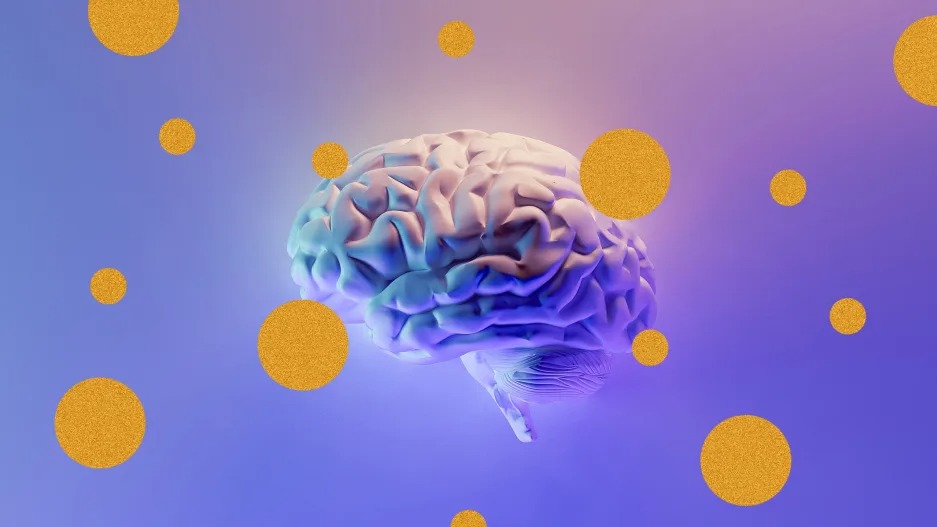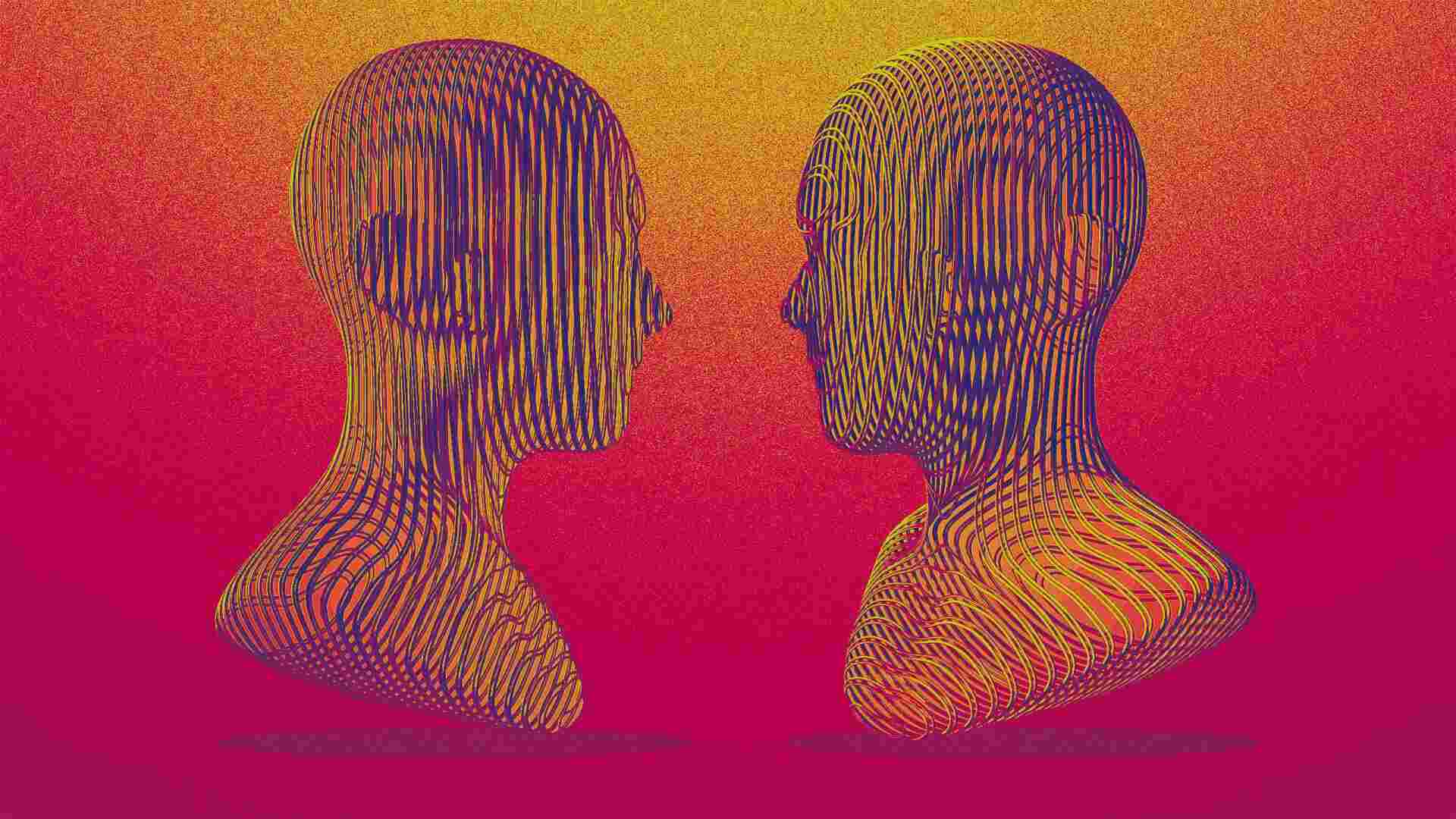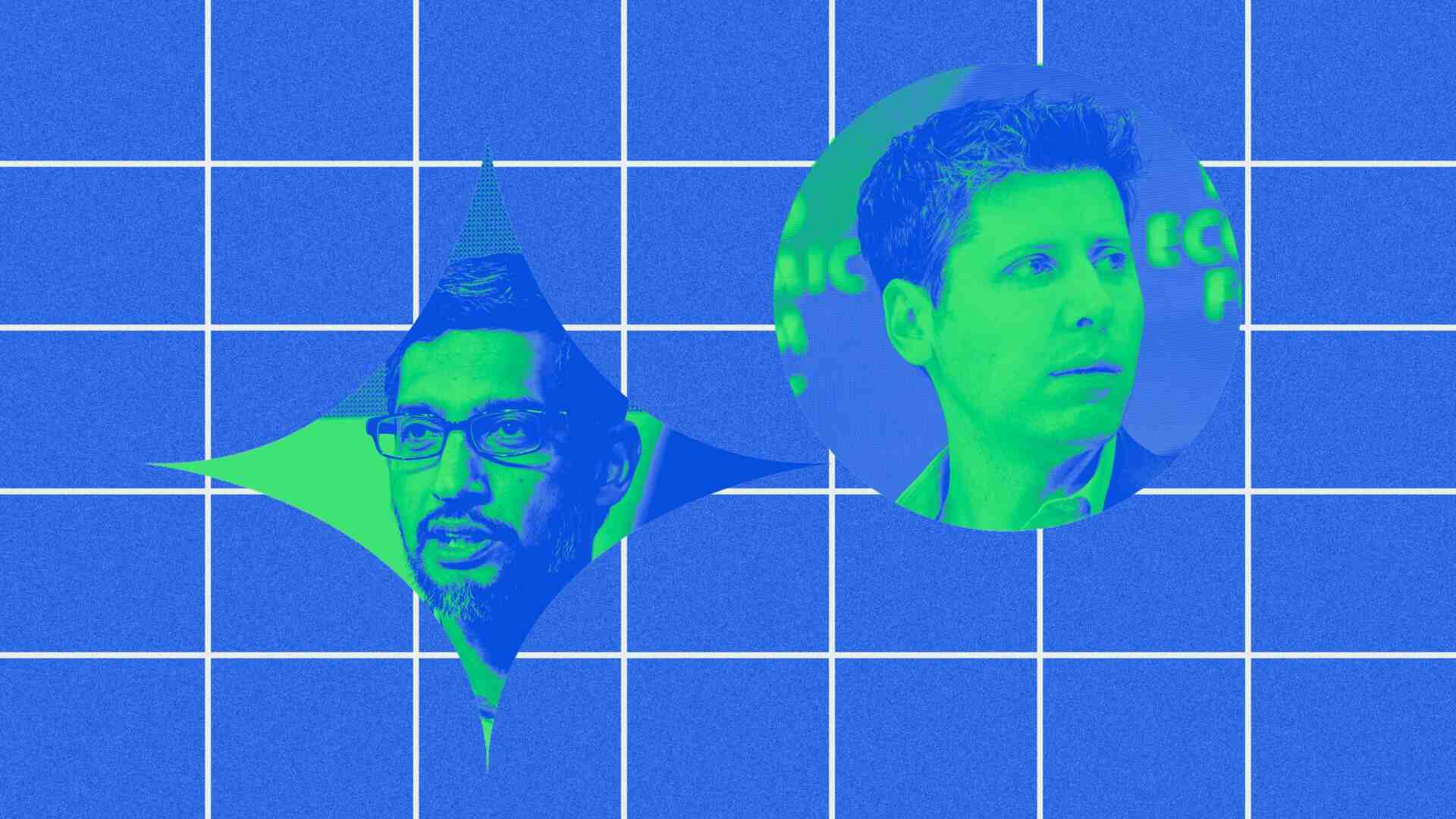- | 8:00 am
Our brains have blind spots. This is how to make sure you don’t miss anything
If our brains are closed off to impressions and ideas that we aren’t expecting, we easily fall prey to our unconscious biases and thereby miss potentially priceless opportunities.

Seeing is believing. Except when it’s not.
Here’s a familiar example. Last year, my wife and I bought a new Mazda SUV. I had never noticed one on the road before, but now they seem to be everywhere.
What happened? Did half of my neighbors decide to buy the same car at the same time? Surely not. But once the CX-5 secured a place of prominence in my consciousness, my mind automatically began sending off notification chimes every time one of these entered my field of vision.
The workings of the brain are remarkable and instructive. Whatever we think about has a greater likelihood of appearing in our lives. Whatever we expect to happen has an increased chance of seeming to happen. Whatever we value most will manifest in our awareness disproportionate to what the odds would predict.
There’s even a name for this phenomenon, and it’s the latest entry into the Ethical Lexicon:
Reticular Activating System (RAS)
The network of neurons located in the brain stem that filters desired information and discards what is considered irrelevant or nonessential.
Applied to the case of my Mazda, however, something about this definition seems a bit off. Is it truly essential for me to notice how many other people are driving the same model car as I am? That question itself offers the first indication that the RAS may be controlling us as much as we are controlling it.
PLAY DETECTIVE
The brain’s self-filtering system serves us so well we don’t notice how much we rely on it. Take a moment and try to imagine that your brain had no filter at all. Sherlock Holmes illustrates this very point when he says to Dr. Watson:
“You have frequently seen the steps which lead up from the hall to this room.”
“Frequently.”
“How often?”
“Well, some hundreds of times.”
“Then how many are there?”
“How many? I don’t know.”
“Quite so. You have not observed. And yet you have seen. That is just my point. Now, I know that there are seventeen steps, because I have both seen and observed.”
The fictional detective’s extraordinary gift of observation may have also been the reason for his periodic escapes into opium delirium. What must it have been like for the brilliant Holmes to have his gray matter relentlessly swarming with information, little of which ever served any useful purpose?
Truth be told, we would be lost without the RAS, which serves as gatekeeper to our conscious mind, evaluating and prioritizing countless drops of input from our eyes, ears, mouth, and skin. Without it, we would face literal paralysis as we vainly attempted to sip gently from a tsunami of sensory data.
Even better news is that we can nudge the RAS to help us focus on desired outcomes. Visualizations, dream boards, and daily affirmations have become popular devices for manifesting a better life. What’s more, with intentional word choice, we can prime our brains to set ourselves up for success.
Neurolinguistic programming (NLP) trainers Kris and Tim Hallbom offer the following example: To say “I hope for” or “I want” a particular outcome suggests that success lies outside your control, thereby implying doubt and subtly undermining your resolve. Instead, say “I intend,” which sends a signal to your subconscious that you have taken responsibility for achieving the desired goal, thereby making success far more likely.
Despite the benefits of the reticular activating system, it can also sabotage our own best interests. In the now-famous “invisible gorilla” video (aka, selective attention test), Daniel Simons and Christopher Chabris discovered that 50% of viewers failed to see a guy in the gorilla suit walk across the screen and beat his chest. I was one of them. Because I was so intently focused on counting the times a basketball was being passed among players, my RAS deleted the gorilla from my perception completely. I could barely believe it when I replayed the video and saw the gorilla I hadn’t noticed the first time through.
If our brains are closed off to impressions and ideas that we aren’t expecting, we easily fall prey to our unconscious biases and thereby miss potentially priceless opportunities. Even worse, we may become so convinced of the accuracy of our misperceptions that we refuse to acknowledge reality when it stares us in the face.
It can also add unnecessary stress to our lives. Have you ever gotten upset because the ketchup has mysteriously vanished from the refrigerator, only to discover that it was put back but on a different shelf? Your brain expected to find it in one place, so your RAS refused to consider the possibility that it might be somewhere else. Consequently, the object you so desperately want eludes you by hiding in plain sight.
That alone can add tension to a marriage or roommate relationship. How much damage could it cause in our professional lives when we fail—or refuse—to see what is right before our eyes?
Ethics requires us to see the whole picture before making important decisions. We can’t afford to filter out critical information or indulge the comfort of our biases and preconceptions. That’s why the real value of diversity comes from creating a community in which different perspectives are not only permitted but encouraged, not only tolerated but enthusiastically shared and received.
You can’t stop your brain from filtering out what it doesn’t value any more than I can stop mine from doing the same. Together, we can see more of the total picture and eliminate most of the blind spots that lead us into folly when we try to go it alone.
King Solomon teaches: Do you see a man wise in his own eyes? There is greater hope for a fool than for him. The more authentically we seek wisdom, the more likely we are to find it. When we do, we will find ethics, insight, context, and perspective right along with it.







































